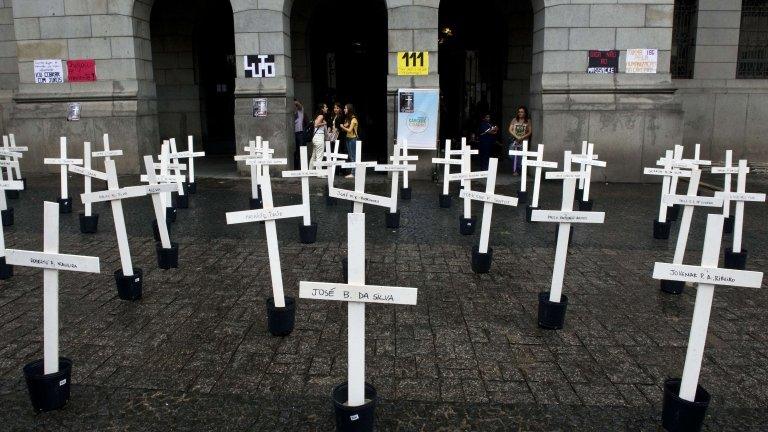Brazil sets out security overhaul after deadly Manaus prison riot
- Published
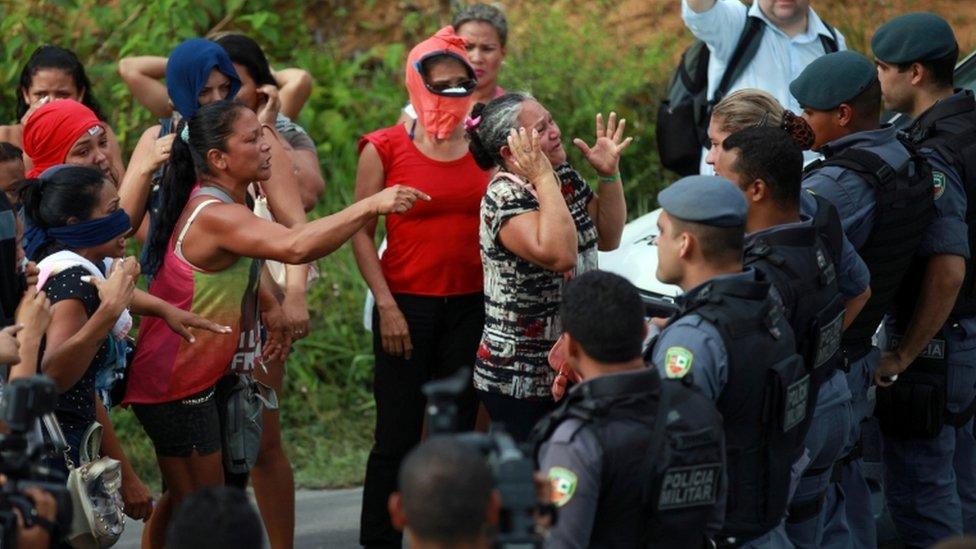
Relatives gathered outside the jail in Manaus once news of the riot broke on Sunday
Brazil's Justice Minister Alexandre Moraes has announced a plan to reduce violence in prisons, after a deadly riot in the northern city of Manaus.
The authorities say 56 inmates died as rival gangs clashed on Sunday.
Brazil wants to increase co-operation with neighbouring countries to reduce the influx of weapons and drugs into the prison system, said Mr Moraes.
Brazilian prosecutors said one of the factions involved in the uprising had links with Colombia's Farc rebel group.
"We will set up police intelligence units in every Brazilian capital," Mr Moraes announced.
"They will gather data focusing mainly on drug trafficking and organised crime inside and outside prisons," added Mr Moraes.
Female prisoners
The new security plan has three main points: the reduction in the number of cases of manslaughter; combating organised crime inside the jails, including transnational organisations that smuggle in drugs and weapons; and the modernisation of the prison system.
Mr Moraes called for a change in the law to reduce the number of people serving time for minor crimes.
He said that 72% of women in Brazilian jails had been convicted of drug trafficking offences and most of them were arrested in possession of relatively small amounts of illegal substances.
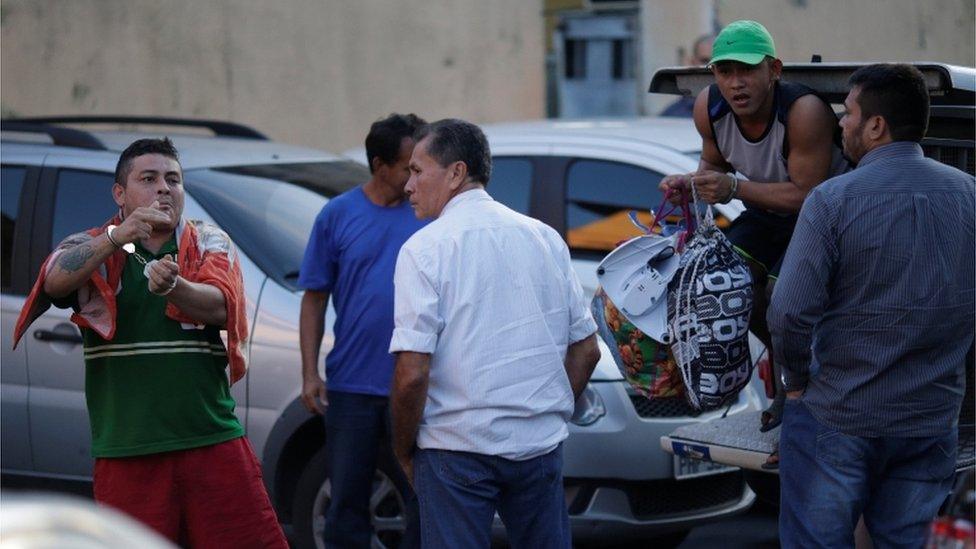
Many prisoners have been transferred from the Anisio Jobim Penitentiary after the violence
They should be serving alternative sentences or wearing electronic tags outside prison, said Mr Moraes.
He also announced that President Michel Temer had allocated funds for the construction of five new high security jails.
'Knives and shotguns'
Sunday's 17-hour prison uprising was the deadliest in Brazil in years. Fifty-six inmates were killed. Many were decapitated.
Officials say police have managed to recapture 40 of the 87 prisoners who escaped.
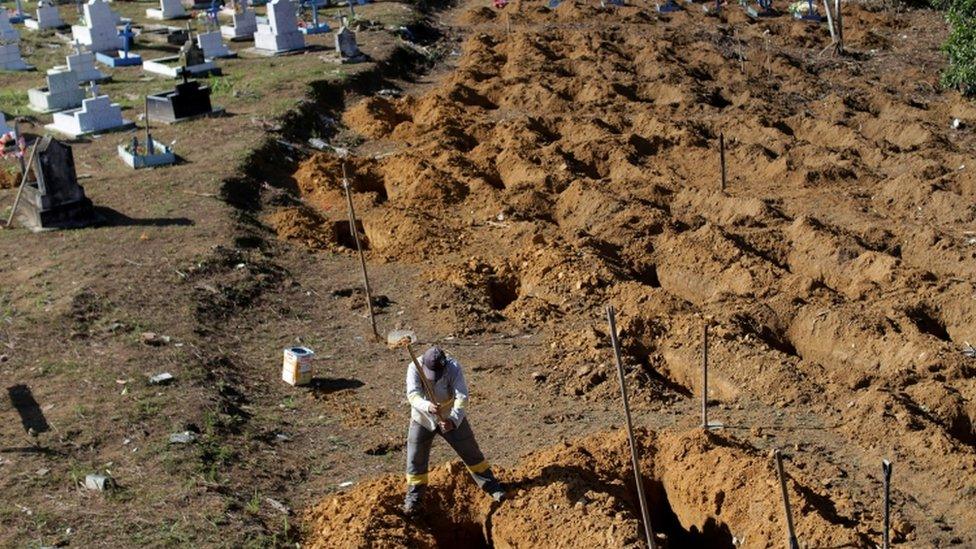
A worker prepares graves for victims of the Manaus prison riot
Mr Moraes criticised the private company that manages the Anisio Jobim Penitentiary Centre.
"We are carrying out an investigation, but it's clear that the company in charge of the prison has failed," he said.
"You can't allow weapons, including knives, other sharp objects and shotguns, to be smuggled into a prison."
The clashes appeared to be between members of Family of the North (FDN), a powerful local gang, and rivals from the First Capital Command (PCC), Brazil's largest gang, whose base is in Sao Paulo, in the south-east.
Prosecutor say FDN has links with Colombia's Farc rebel group, from whom it buys guns and drugs.
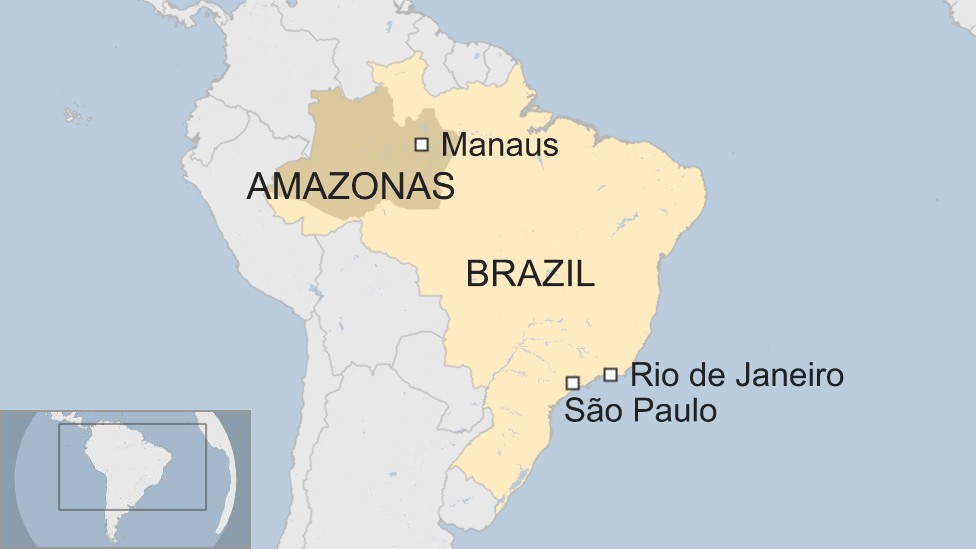
- Published3 January 2017
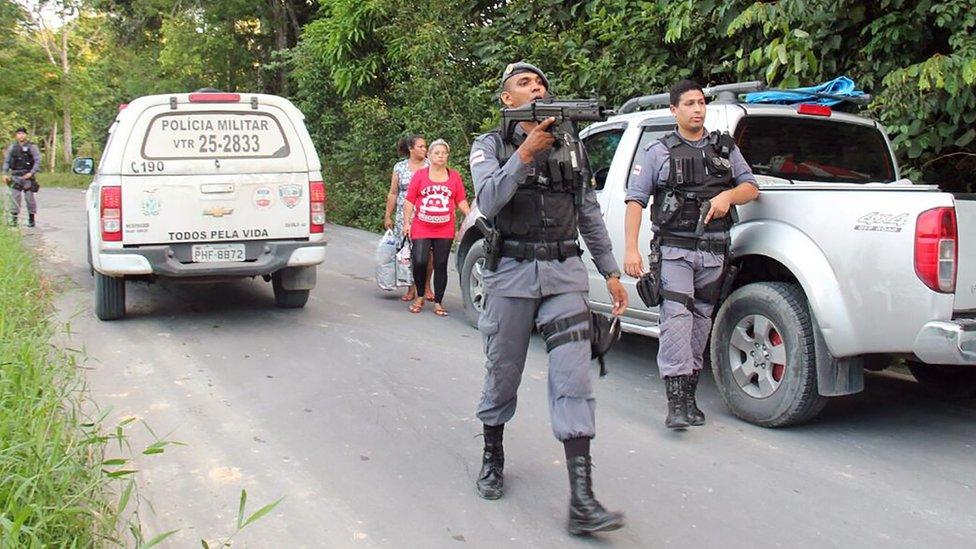
- Published3 January 2017
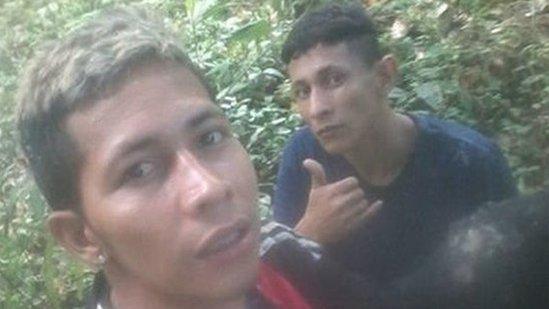
- Published3 April 2014
